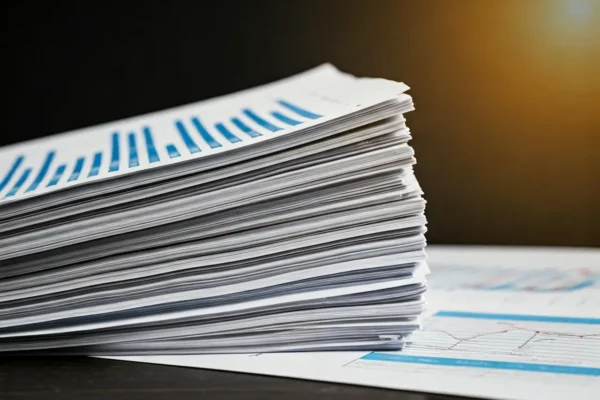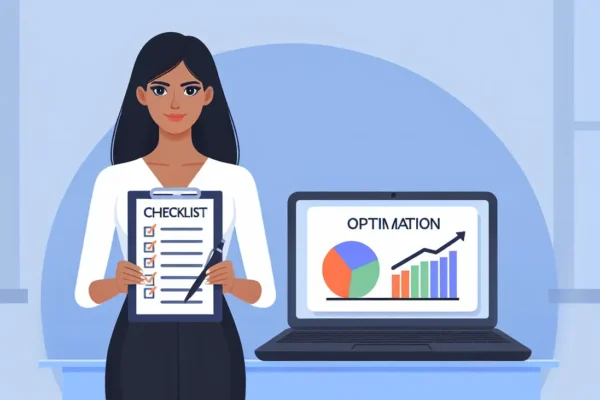Dealing with unpaid business debts can be stressful and challenging. Understanding the debt recovery process in the UK is crucial for any business owner. This guide will walk you through the essential things you need to know about business debt recovery, ensuring you’re well-equipped to handle it efficiently.
Understanding Debt Recovery Options
In the UK, businesses can choose between in-house recovery, debt collection agencies, or legal proceedings to recover debts. Each option has its pros and cons, and considering the size and nature of the debt can guide your choice.
In-house recovery is often a viable option for businesses with a dedicated finance team capable of handling collections. This option allows for direct communication with the debtor, which can sometimes foster a quicker resolution.
On the other hand, debt collection agencies provide expertise and experience in reclaiming debts, especially if the in-house team lacks the time or resources. They operate on a ‘no collection, no fee’ model, minimizing upfront costs while maximizing recovery potential.
Legal proceedings should be considered as a last resort due to the time and expenses involved. However, they can be effective for recovering large debts where other methods have failed.
Initiating the Debt Recovery Process
Begin by reviewing the terms of your agreement and sending a formal reminder or demand letter to the debtor. This step often prompts debtors to pay without further action.
Ensure your initial communication is clear and professional. Outline any late fees or additional charges that might apply and give a reasonable timeframe for payment.
Follow up persistently, as consistent reminders can prevent debt settlement from being pushed down the priority list. Polite persistence is often effective in encouraging prompt payment.
Working with Debt Collection Agencies
If initial contact doesn’t result in payment, consider hiring a reputable debt collection agency. These professionals operate on a ‘no collection, no fee’ basis and know the best strategies to persuade debtors to pay.
It’s crucial to choose an agency with a proven track record and compliance with UK regulations. This ensures that all recovery efforts remain ethical and within legal bounds.
Agencies can also provide added services, such as debtor tracing and credit reporting, which can further enhance your recovery efforts and prevent future losses.
Understanding Legal Proceedings
When other strategies fail, legal action might be necessary. Familiarize yourself with the UK’s legal processes for debt recovery, including issuing a claim in the County Court and the potential costs involved.
Before proceeding legally, consider the cost implications and potential impact on your business relationship. Legal fees can quickly add up, and the process might strain future dealings with the debtor.
It’s highly recommended to seek professional legal advice prior to commencing legal action, ensuring you adhere to all procedural requirements and optimize your chances for success.
The Importance of Documentation
Keep detailed records of all communications and transactions related to the debt. Documentation can be crucial if you need to resort to legal proceedings.
Good record-keeping not only supports your case legally but also aids in identifying patterns that might help avoid future payment disputes.
Consider digital solutions for document management, which can streamline the process and provide easy access to information when needed.
Key Takeaways on Business Debt Recovery in the UK
Business debt recovery in the UK can be a complex process, but with the right knowledge and approach, it becomes manageable. Whether you decide to pursue the debt yourself or employ a third party, ensuring you comply with legal procedures is key. Remember, effective communication and timely action can significantly enhance your chances of recovering what’s owed.







